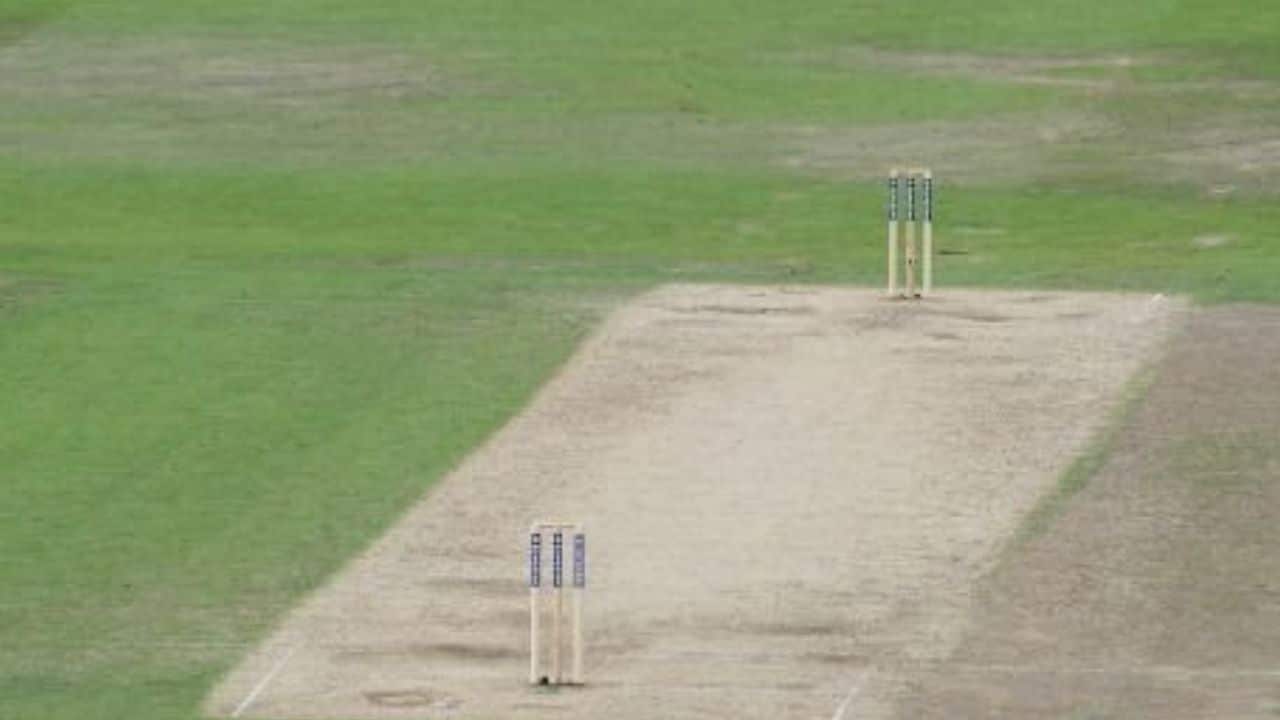A look at what is Stop Clock in cricket as the ICC is all set to introduce the new rule to ODI and T20, know how it works and its meaning
The ICC has declared that, as a severe measure to regulate the pace of play, it will experiment with employing a stop clock in between overs, a report in ESPNcricinfo outlet suggests.
What is the Stop Clock rule in cricket and its meaning in T20 and ODI matches
The revised restrictions regarding pitch and outfield surveillance were agreed by the International Cricket Council (ICC) on Tuesday, November 21. Pitch regulations, which have finally received approval, were among the subjects discussed at the ICC’s general assembly on Tuesday.
The ICC is trialling a stop clock between overs in men's ODIs and T20Is, with a penalty of five runs if a bowling team fails to start the next over within 60 seconds on three occasions ⏱️
Full story: https://t.co/RqckzWBcPN pic.twitter.com/8WogsnDnmb
— ESPNcricinfo (@ESPNcricinfo) November 21, 2023
What is the purpose of a Stop clock?
The ICC board has instituted a stop-clock system, six years after members of the MCC cricket committee, including as Ricky Ponting, Kumar Sangakkara, and Sourav Ganguly, proposed the installation of a “shot clock” to discourage teams from wasting time.
Teams have recently been observed wasting time during the game, particularly during the pauses. The International Cricket Council (ICC) has authorised a tennis-like provision that penalises teams for starting play late. There is a 25-second stop clock in tennis, during which the server musttorder to avoid receiving a penalty.
To control time wastage on the bowling side, the ICC will also test out a stop clock.
According to media release by ICC:
The clock will be used to regulate the amount of time taken between overs.
What will be the punishment under the Stop clock rule?
The bowling team will be fined five runs if an innings is lost without a wicket being taken in the opening minute of the subsequent one. The International Cricket Council (ICC) released a fresh statement on Tuesday stating that stop clocks will be used in men’s ODI and T20I cricket matches between overs.
Since when will the Stop clock rule be implemented?
Stop clocks will be trialled in December 2023 and implemented in April 2024 to control the amount of time between overs. The three-match ODI series between the West Indies and England, which starts on December 3, will serve as the first example of its experiment.
After that, the Indian Premier League (IPL) season would be used by the ICC to evaluate the trial period and make a judgement about whether or not to apply it regularly.



